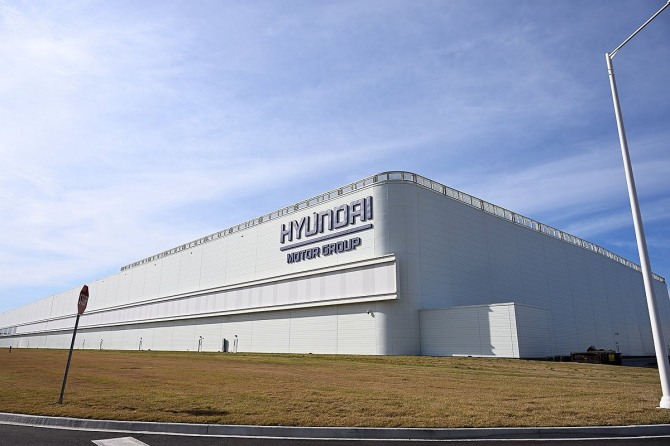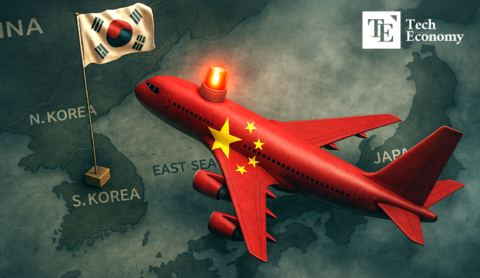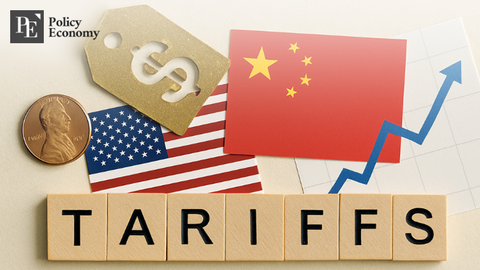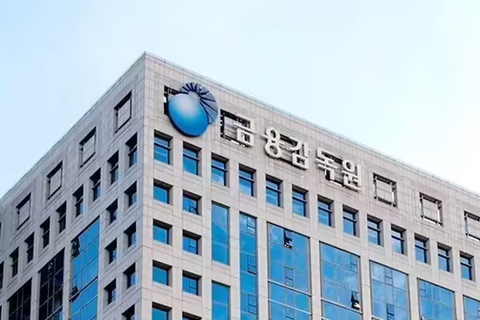LG Energy Solution Projects Stalled After Mass Arrests, Georgia Economy at Risk
Input
Changed
LG Energy Solution Halts Construction After Worker Arrests U.S. Politicians Split: “Racial Discrimination” vs. “Crackdown on Illegal Immigration” Georgia, Once Benefiting From Korean Firms, Now Hurts Its Own Future?

Construction at all four of LG Energy Solution’s U.S. plants has effectively ground to a halt, after mass arrests at the Hyundai Motor–LG Energy Solution joint battery factory forced a large portion of the workforce off-site and brought projects to a standstill.
LG Energy Solution Plant Construction Hits a Wall
As of September 10, construction has come to a complete halt at Hyundai Motor–LG Energy Solution’s joint battery plant in Georgia, according to industry sources. LG Energy Solution is currently building four U.S. plants—including sites in Georgia, Queen Creek (Arizona), Lansing (Michigan), and a joint venture with Honda in Fayette County, Ohio—all originally slated to begin operations in the first half of next year.
That timeline has now collapsed after U.S. Immigration and Customs Enforcement (ICE) and Homeland Security Investigations (HSI) carried out a sweeping raid at the Georgia site, detaining 475 workers. Sources indicate most of those arrested were employees of contractors tied to Hyundai and LG, with more than 300 believed to be South Korean nationals.
Many of the detained workers reportedly held B-1 visas, meant for meetings or contract signings rather than employment, or entered under the Electronic System for Travel Authorization (ESTA). At a press conference, Steven Schrank, special agent in charge of HSI Atlanta, said the 475 workers were “either illegally residing in the United States or working unlawfully in violation of their visa status.”
U.S. Political Response Divided
Reactions in Washington have split sharply over the mass arrests. On September 6, members of the Congressional Asian Pacific American Caucus (CAPAC) and Democratic representatives from Georgia issued a joint statement expressing deep concern over the raids. The statement was signed by 20 lawmakers, including Senators Andy Kim and Marilyn Strickland, both of Korean heritage.
The lawmakers said they were “appalled that hundreds of immigrants, many of Korean descent—including U.S. citizens and legal permanent residents—have been detained,” adding, “Instead of targeting violent criminals, the Trump administration is chasing immigrants in workplaces and communities of color to meet mass deportation quotas.” They warned that “such reckless actions tear families apart, hurt the economy, and erode the trust of our global partners,” and urged the administration to ensure due process for affected workers.
Republicans, meanwhile, have rallied behind the crackdown. Representative Buddy Carter, whose district includes the Hyundai plant, posted video of the raid on X (formerly Twitter), saying, “I applaud the Trump administration and our brave law enforcement officers for putting American workers first and taking bold action to protect our communities from the scourge of illegal immigration.” Georgia Governor Brian Kemp also defended the arrests, issuing a statement declaring, “In Georgia, we will always enforce all state and federal laws, including immigration laws. Any company doing business here must follow the laws of Georgia and of our nation.”

Backfiring on Georgia’s Economy?
Some analysts warn that the Trump administration’s sweeping crackdown could ultimately backfire, undermining Georgia’s own economic growth. The state, which has reaped substantial benefits from Korean investment, now faces the risk of a slowdown. Citing census data, The Wall Street Journal reported on September 7 that the population of Georgia’s Pooler area grew by 22% between 2020 and 2024—an area home to many Korean businesses, including the Hyundai-LG joint battery plant at the center of the arrests.
Korean companies in Georgia have contributed not just to population growth but also to economic expansion. Georgia’s Economic Development Commissioner Pat Wilson wrote in an op-ed that “around 100 Korea-owned facilities operate in Georgia, employing more than 17,000 people as of last year.” He added, “Trade with Korea exceeds $17.5 billion, making it Georgia’s third-largest trading partner. Korea is not just a friend but a cornerstone of Georgia’s economic strategy.”
Those benefits were expected to deepen with the Hyundai-LG joint plant. One market expert noted, “After completion, Hyundai promised to hire more than 8,500 workers in the community, and the battery plant was projected to add another 2,000 jobs. Apartment construction boomed nearby to accommodate incoming workers, and local businesses were already growing.” The expert cautioned, “If Koreans pull out en masse following this incident, the economic blow to Georgia will be impossible to ignore.”






















Comment